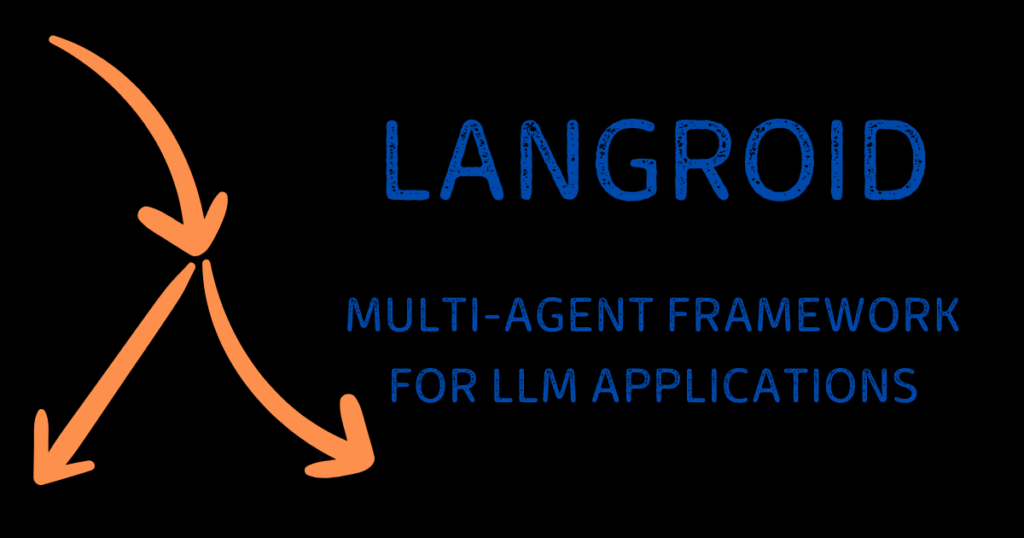langroid
Basic Information
Langroid is a Python framework for building LLM-powered multi-agent applications. It provides first-class Agent and Task abstractions so developers can create agents that encapsulate LLM conversation state and optional components such as vector stores and tools. Users assign tasks to agents and orchestrate collaborative problem solving by passing messages between agents. The project emphasises a lightweight, extensible and principled developer experience and is designed to work with a wide range of LLMs including remote, commercial and local models. Langroid supports retrieval augmented generation workflows, structured output via Pydantic-based function calling and native tool messages, and includes specialized agents for document chat, SQL/table chat and other common RAG scenarios. The README highlights practical examples, a Docker image, optional dependency extras, and production usage by companies that have adapted Langroid for real workloads.








